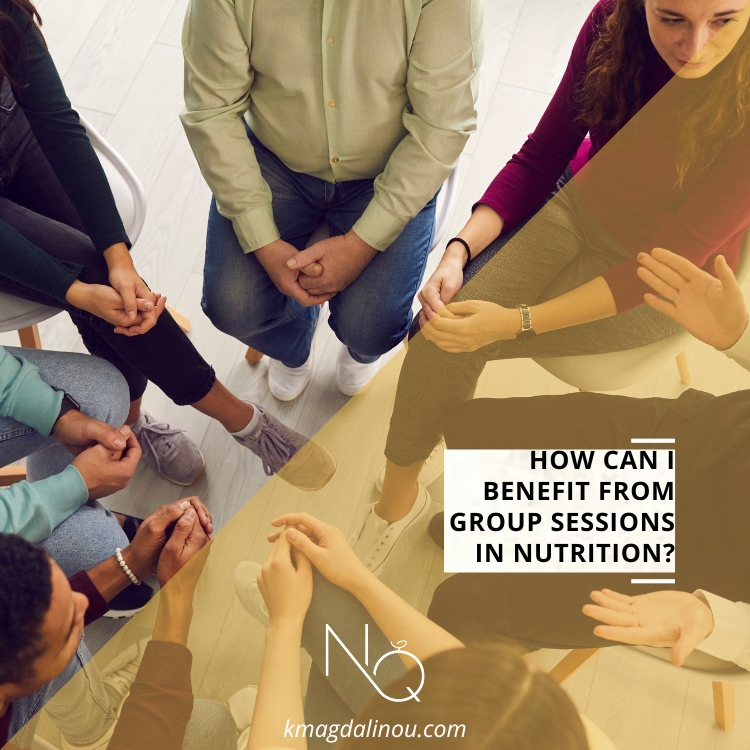Group sessions are one of the options we have for addressing issues related to our diet. They can be combined with individual counseling. In this article, we present the benefits of group sessions in obesity as discussed in various studies.
What are group sessions?
Group sessions are designed for individuals facing common challenges, such as obesity, and offer a supportive environment for achieving weight loss goals. Groups typically consist of 8 to 12 people, with the number adjusted according to the needs and goals of the participants. The characteristics of group sessions, determined by the dietitian, include the duration and frequency of meetings, taking into account the specific requirements of each group.
What are the benefits of group sessions in obesity?
Research has shown that group sessions have a positive long-term impact on obesity management. Two of the benefits of group sessions relate to long-term weight management. Group sessions contribute to body weight changes and achieving weight loss greater than 5% of an individual's total body weight. Another benefit of group sessions is the opportunity to create meaningful psychological connections with people dealing with the same condition and to acquire a shared social identity. This shared identity promotes social support from other members who share the common challenge addressed through group sessions. Additionally, this shared social identity enhances individuals' self-efficacy, allowing them to pursue personal goals for change. In this way, group sessions serve as a powerful medium for delivering interventions that result in behavioral change. Finally, another advantage of group sessions is their contribution to the overall well-being of the group members.
What should I expect in a group session?
During group sessions, members have the opportunity to share their personal experiences and express their concerns in a supportive and safe environment. The exchange of ideas helps foster a sense of community and mutual support, as it often becomes evident that many participants face similar challenges. Throughout the session, active participation and facilitation of discussions are encouraged on topics such as diet management, psychological difficulties, and weight management strategies. From this perspective, members can gain ideas and practical solutions that have proven helpful to others. In addition, group activities are commonly held to enhance cohesion and interaction, including self-awareness exercises, trust-building games, or workshops focused on self-improvement and boosting participants' self-confidence. These activities not only encourage individuals to open up but also help them develop skills to manage stress and emotional eating. Group sessions enable participants to feel accepted, recognize their emotions, and build a support network that will accompany them on their weight management journey.
Through the benefits of group sessions, we acquire the tools and motivation to strengthen our efforts for change and confront the issue we are facing. Let's not forget that even in group sessions, each of us moves at our own pace. It is an opportunity to get closer to people who share similar characteristics with us. You can discuss this with your Dietitian-Nutritionist to hear their perspective based on your individual needs!
REFERENCES
- Street S, Avenell A. Are individual or group interventions more effective for long-term weight loss in adults with obesity? A systematic review. Clin Obes. 2022;12(5):e12539. doi:10.1111/cob.12539
- Swancutt D, Tarrant M, Pinkney J. How group-based interventions can improve services for people with severe obesity. Curr Obes Rep. 2019;8:333–9. doi:10.1007/s13679-019-00348-y




